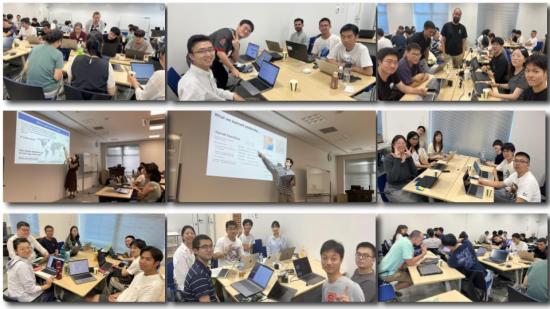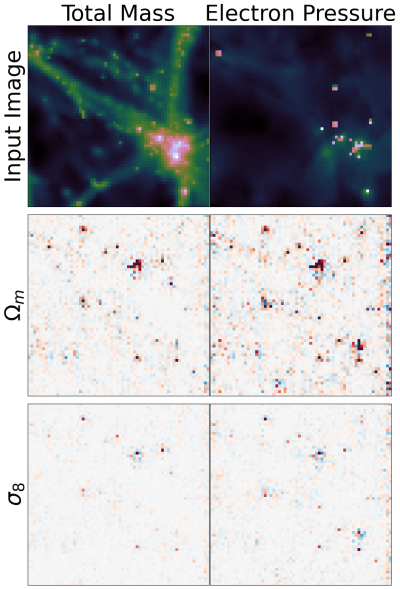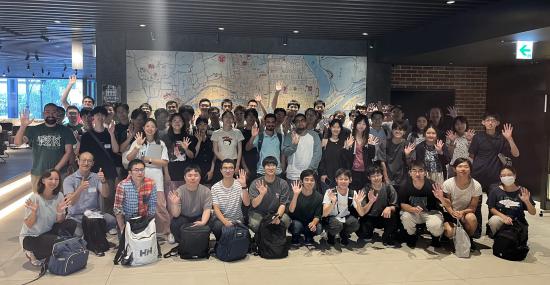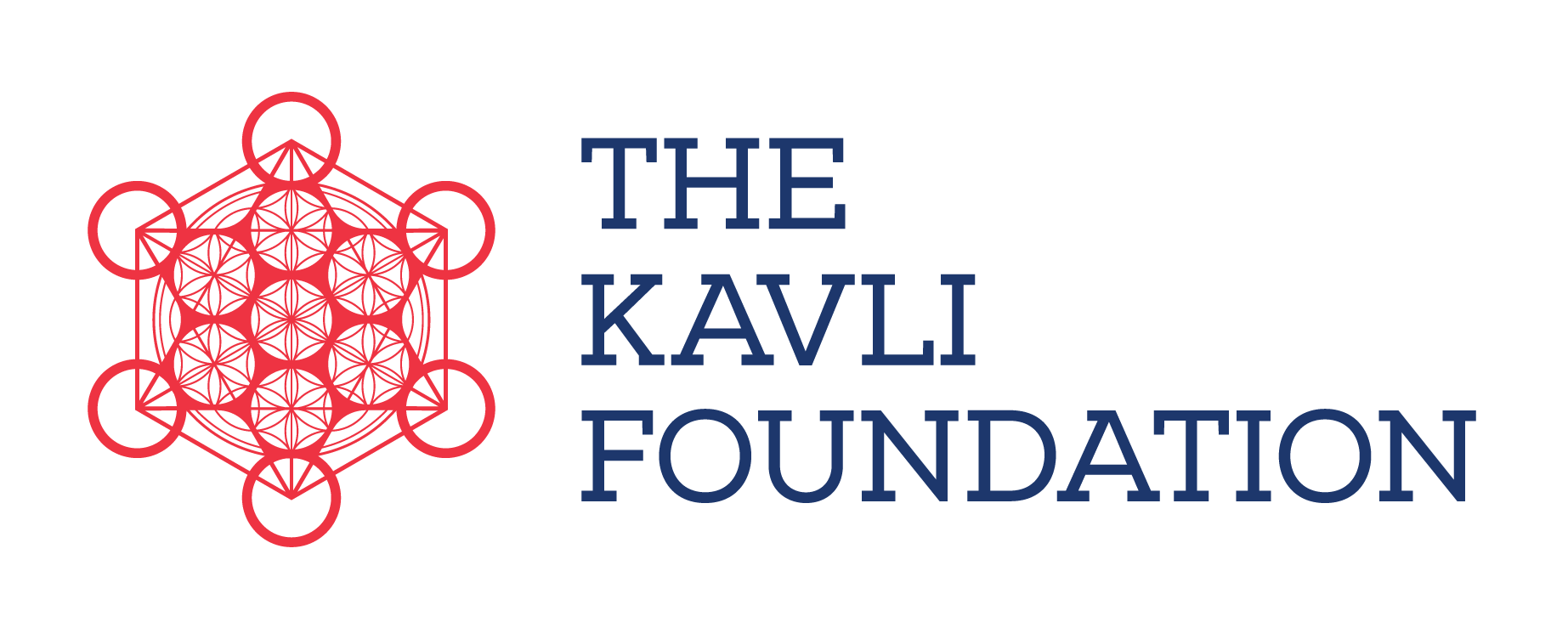September 27, 2024
Kavli Institute for the Physics and Mathematics of the Universe (Kavli IPMU, WPI)

At the beginning of this month, the Kavli Institute for the Physics and Mathematics of the Universe (Kavli IPMU, WPI) Center for Data Driven Discovery (CD3) co-sponsored a summer school event in Osaka to spearhead a new effort to pioneer artificial intelligence for astrophysics among junior researchers working across Asia.
The Astro-AI Asian Network (A3Net) was initiated by the CD3 and 11 other institutions from Japan, China, Taiwan, Korea, and Hawaii. Between September 2 – 6, the A3Net’s first activity was to teach introductory AI for astrophysics to 70 junior researchers from the member institutions, many of who arrived in Japan despite the travel disruption caused by Typhoon Shanshan.
There is no doubt that AI and machine learning will play a crucial role in advancing astrophysics research. With its abundant observational data, well-defined science goals, and an open culture, astrophysics presents an ideal opportunity for machine-assisted knowledge discovery. Given the novelty of many machine learning techniques, the CD3 and the other A3Net member institutions identified a need to train the upcoming generation of Asian astrophysicists.
Most participants during the summer school were graduate students, but a number of undergraduates and postdocs also attended. During their stay, they heard lectures, performed hands-on exercises, and demonstrated their newly learnt AI skills in tailored research projects.

“We were especially impressed with the practical proficiency the participants demonstrated in their research projects. They were able to translate the theoretical lectures into code seamlessly. Some projects could well lead to a publication,” said CD3 director Jia Liu.
Key lectures speakers at this year’s event included astrophysicist and Hiroshima University Associate Professor Makoto Uemura, data-driven cosmologist and Kavli IPMU Project Assistant Professor Leander Thiele, data Scientist and Space Telescope Science Institute Assistant Astronomer Michelle Ntampaka, and cosmologist and The University of Tokyo Assistant Professor Kana Moriwaki.
Feedback from the participants was positive, with all respondents saying they would recommend next year’s summer school to their peers. Some comments from the participants included the following.
“Thank you very much for all the members of organizing committee. It was a really good experience!”
“I think overall the workshop is great and I could learn a lot of things, also making some new friends!”
“I will definitely attend next year as well. The current level of difficulty seems appropriate for graduate students.”
“Thank you very much to CD3 and Osaka University for hosting this workshop.”
Osaka University Professor Kentaro Nagamine provided local support, and even organized a social dinner and excursion to Nara for all of the participants. Kavli IPMU Project Researcher and CD3’s Kateryna Vovk handled the majority of the organization, and Kavli IPMU Project Researcher and CD3’s César Jesús-Valls designed the research project.
Next year’s A3Net summer school is already being planned, and the organizers hope to grow beyond the current set of member institutions and establish a firm presence as a network of AI-interested astrophysicists across Asia.

A3Net member institutions:
- Center for Data-Driven Discovery (CD3), Kavli IPMU
- Theoretical Joint Research (TJR) Project, Osaka University
- Fudan University
- University of Hawaii
- University of Hong Kong
- Kavli Institute for Astronomy and Astrophysics (KIAA), Peking University
- Korea Institute for Advanced Study (KIAS)
- Kobayashi-Maskawa Institute for the Origin of Particles and the Universe (KMI), Nagoya University
- Leung Center for Cosmology and Particle Astrophysics (LeCosPA), National Taiwan University
- Shanghai Jiaotong University
- Shanghai Astronomical Observatory, Chinese Academy of Sciences
- Tsinghua University






